

Innovation for Sustainable and Inclusive Development to Build Resilience for Global Challenges
Date: 25th - 28th November 2025
This year’s Globelics conference focuses on innovation for sustainable and inclusive development, addressing global challenges like inequality, climate change, and geopolitical disruptions, especially in developing nations.
The event is co-hosted by the National Research Foundation, DSI/NRF Trilateral Chair in Transformative Innovation, with partners in Tshwane University of Technology, the University of Witwatersrand, and the Human Sciences Research Council.
This Grant is currently OPEN for applications!
Deadline is March 2, 2025.
The WARC Travel Grant promotes intra-African cooperation and exchange among researchers and institutions by providing support to African scholars and graduate students for research visits to other institutions and regions on the continent. The WARC Travel Grant provides travel costs up to $1,500 and a stipend of $1,500.
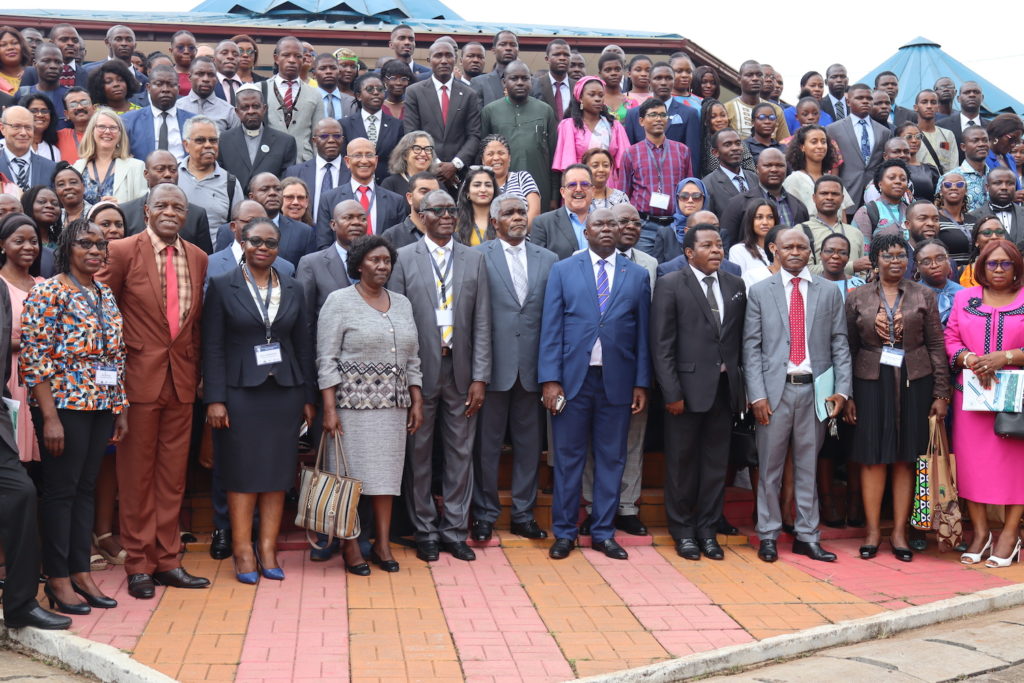
What We Do
AfricaLics connects scholars working within the areas of innovation and development with specific focus on these issues for African countries. We provide networking opportunities and increase access to education to enhance economic and socially sustainable development in Africa. We provide these opportunities for scholars through various activities including: conferences, PhD academies , visiting fellows programme for PhD students and post-doctoral researchers and dedicated online networking platforms.
Thematic Areas
AfricaLics initially worked within various themes that were seen by scholars involved in the establishment of the network to be under-researched and later has worked to fill some of the gaps. Today members of AfricaLics work on many different topics and thematic areas, ranging from firm level innovation, STI indicators, agricultural innovation systems, innovation and low-carbon development to inclusive innovation and the intersections between innovation and global value chains.
The network currently has two established thematic coordinators: one on development of STI indicators suitable for African contexts and the other on the intersections between innovation and Global Value Chains. Reports from the two thematic coordinators will be posted on our website as they are being completed. Two more thematic coordinators are in the making (on green transition/energy and agricultural innovation systems respectively).
Membership
Members of AfricaLics are expected to be supportive of the goals as they are set out in the preamble above and to act accordingly. They are also expected to take an active part in AfricaLics Conferences and – where relevant – in AfricaLics Academies and participate in other activities of the network.
Alumni Testimonials


Latest News & Blogs
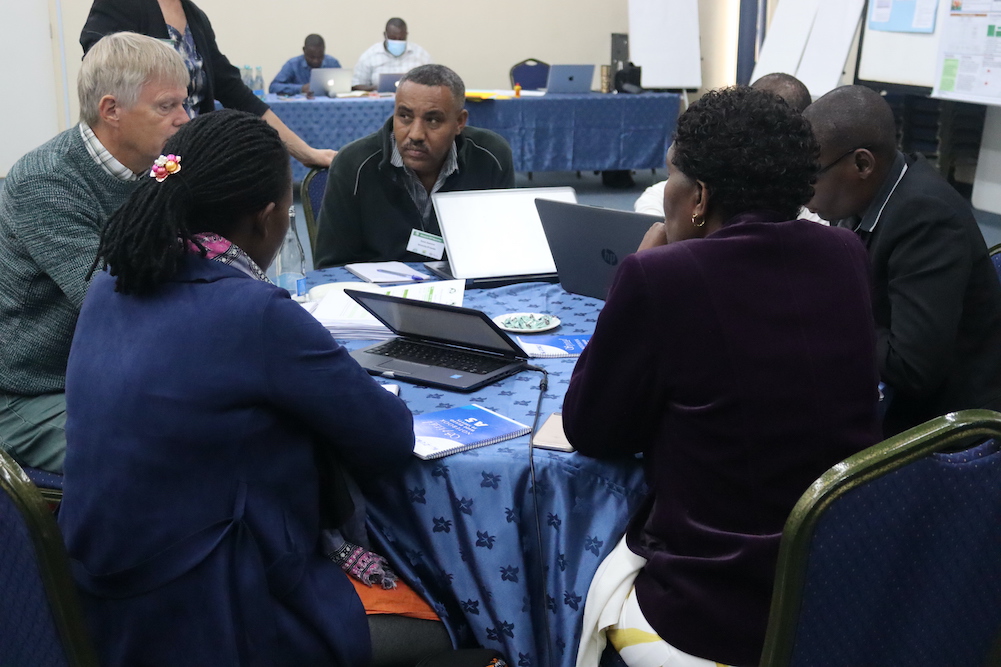
Decarbonization, Inequalities in Energy Access, and Climate Change in Developing Countries
Decarbonization is a global effort to reduce greenhouse gas emissions and mitigate the effects of climate change. However, this effort is not without difficulties, especially in..
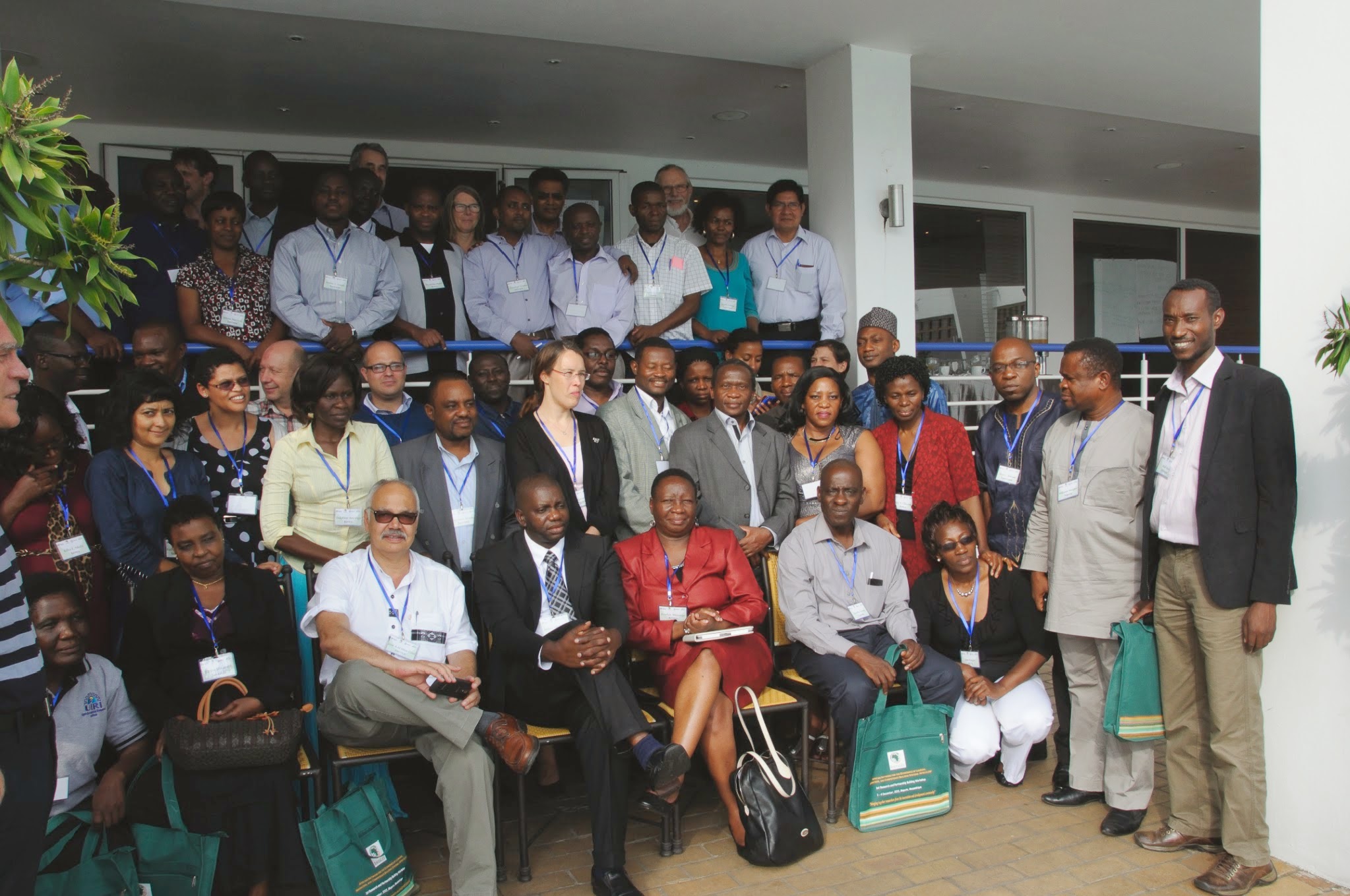
Are we using the right metrics? Towards a research and theoretical agenda for innovation measurement in Africa.
In the world of scholarly exploration, a distinct gap emerges when we turn our gaze toward Africa, particularly in the realm of STI (Science, Technology &Innovation) measurement.
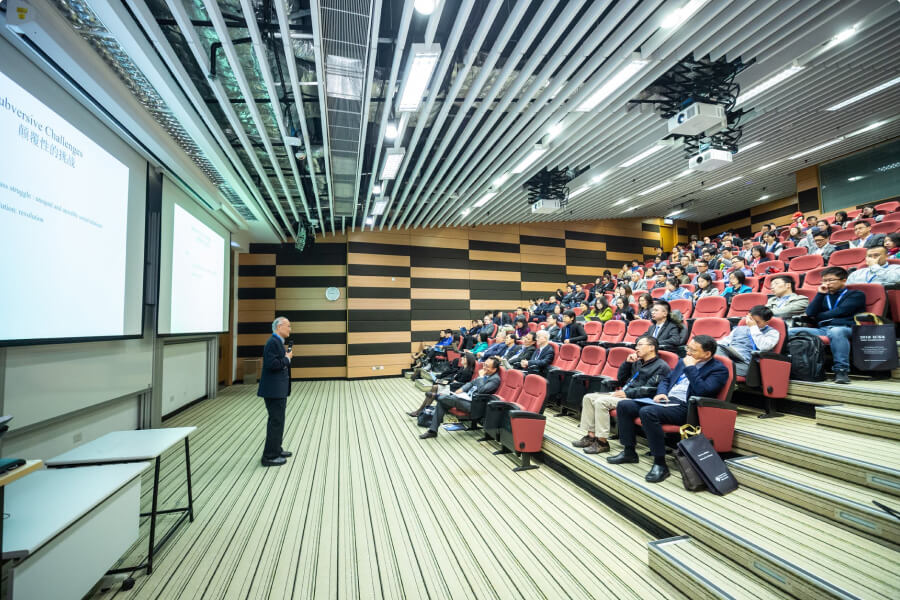
Emerging Technologies and Innovations for Agriculture and Food Systems Security in Africa
Africa’s population is expected to reach about 2.6 billion by 2050, up from the current 1.4 billion. This will require an increase in agricultural and food production by up to 70% to fit the population’s needs, a serious...
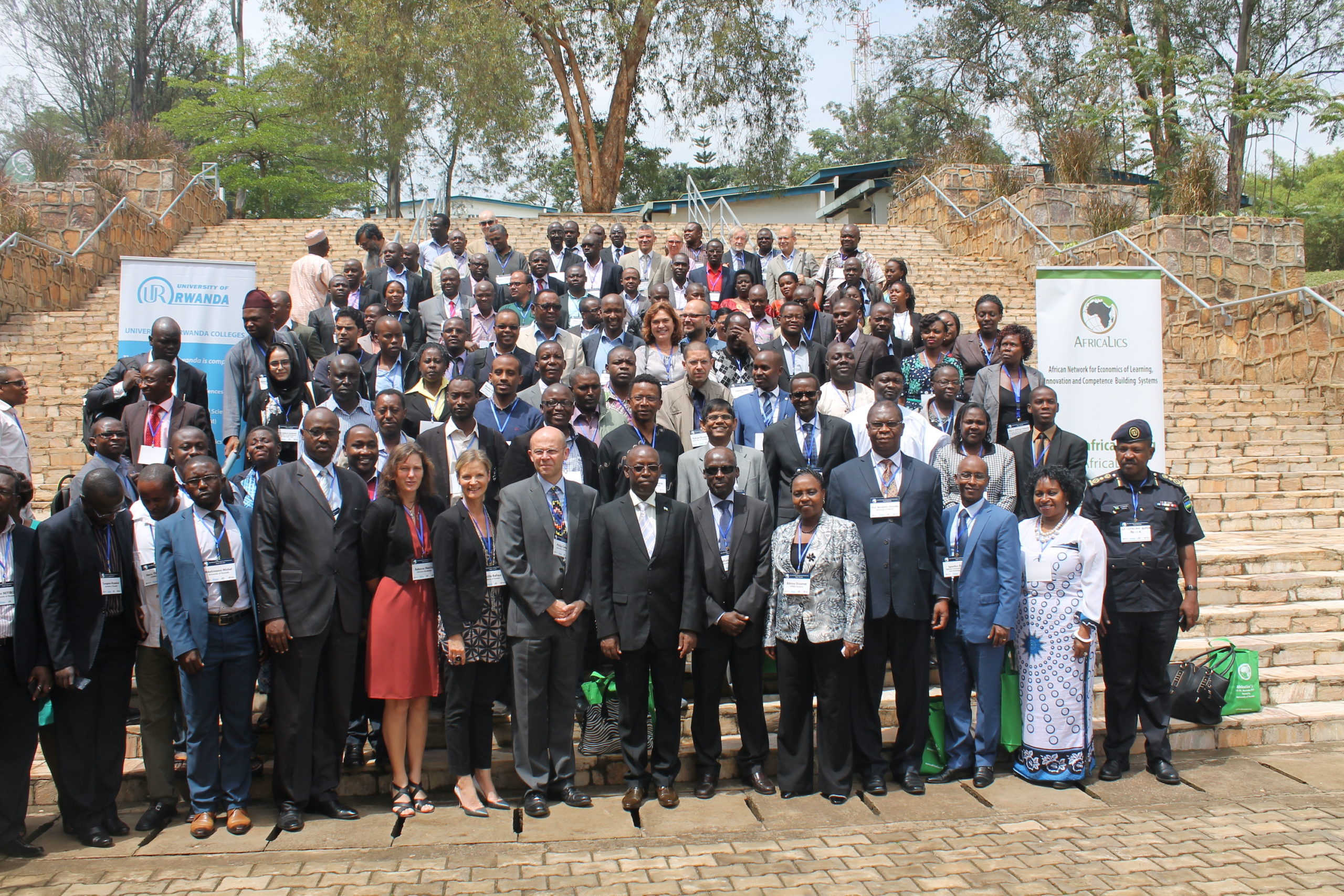
Navigating the Art of Publishing Special Journal Issues: Insights from online AfricaLics Alumni event, October 2023.
As an enthusiastic learner and supporter of academic publishing, the AfricaLics network recently hosted an enthralling seminar on “Publishing Special Journal Issues.”






